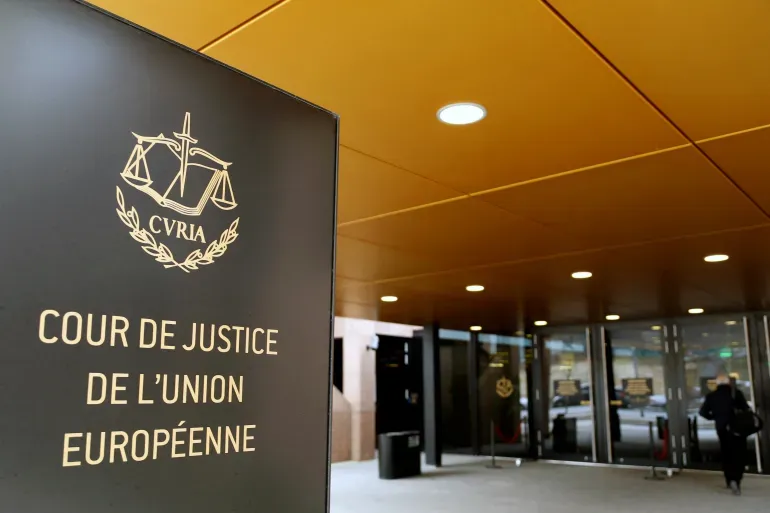Gender, nationality ‘sufficient’ to grant Afghan women asylum: Top EU court
The ruling follows Austria’s refusal to recognise the refugee status of two Afghan women.

The European Court of Justice (ECJ) has determined that gender and nationality alone are “sufficient” grounds for a country to grant asylum to Afghan women.
On Friday, the ECJ ruled that the discriminatory actions taken by the Taliban against women “constitute acts of persecution” that justify granting refugee status. The court stated, “The competent authorities of the member states are entitled to consider that it is unnecessary to establish that there is a risk that the applicant will actually and specifically be subject to acts of persecution if she returns to her country of origin.”
So far, Sweden, Finland, and Denmark have granted refugee status to all Afghan women seeking asylum.
This ruling follows Austria's refusal to recognize the refugee status of two Afghan women who applied for asylum in 2015 and 2020. The two women contested this refusal before the Austrian Supreme Administrative Court, which then sought a ruling from the ECJ.
According to court documents, one of the women, identified as AH, fled Afghanistan with her mother to Iran at the age of 13 or 14 after her drug-addicted father attempted to sell her to fund his addiction.
The other woman, referred to as FN and born in 2007, has never lived in Afghanistan, as her family had been residing in Iran without residency permits. This situation prevented her family from obtaining legal work, and she could not access education.
The ECJ case document indicates that FN told the court that if she were deported to Afghanistan, she would be at risk of abduction, would be unable to attend school, and might struggle to support herself as a woman.
Since the Taliban regained power in Afghanistan in 2021, they have rolled back women's rights, imposing restrictions on education, employment, and general independence. In August, the Taliban implemented a lengthy list of morality rules that include mandatory dress codes, the requirement for women to have a male guardian, and the segregation of men and women in public spaces.
The United Nations human rights chief has urged the Taliban to repeal these “egregious” laws, which he claims aim to reduce women to “faceless, voiceless shadows.”





